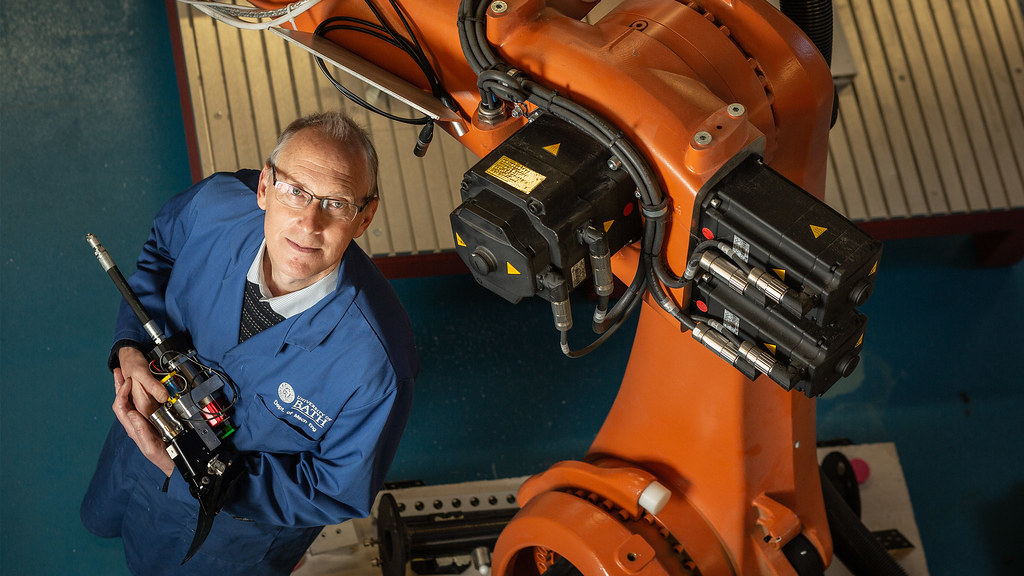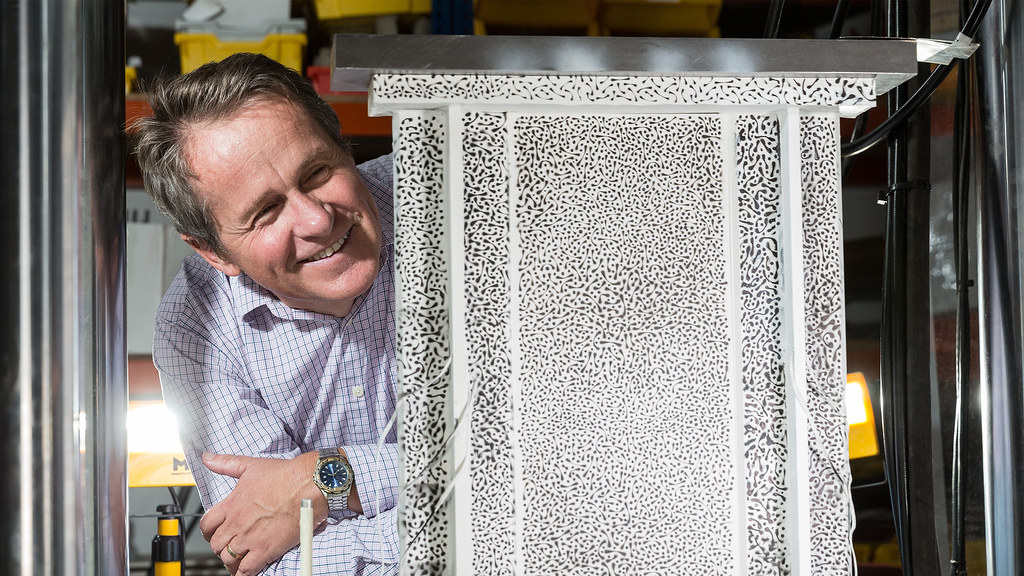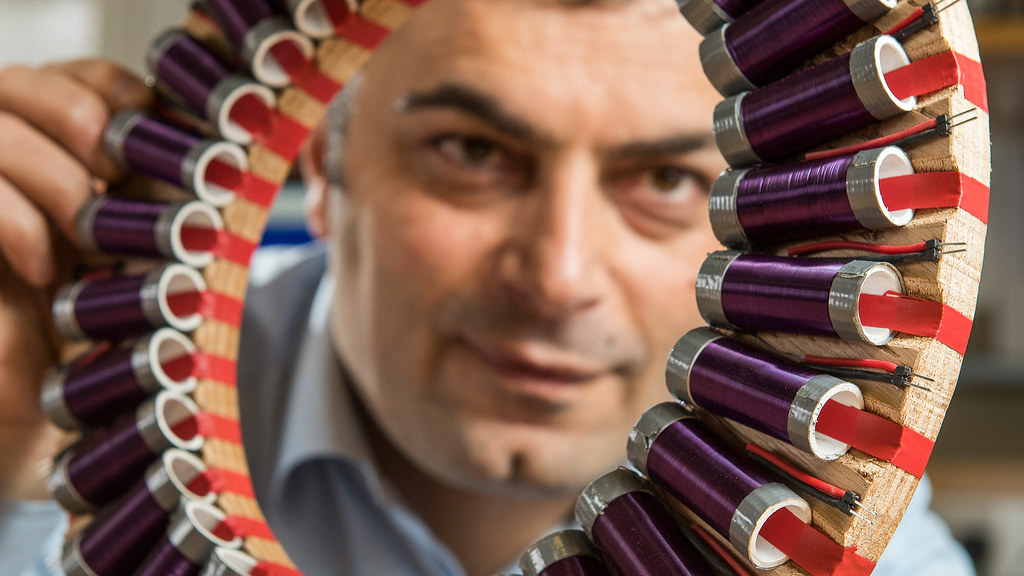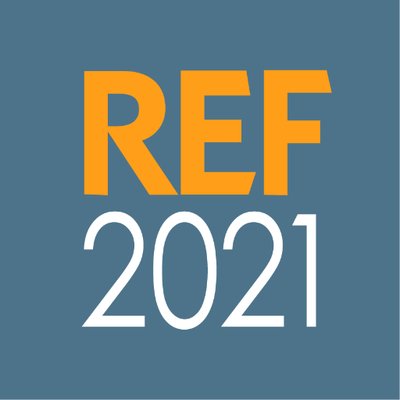Printing a design revolution with additive manufacture

Using metal powder laser melting, our research on industrial 3D printing has helped to improve processes and develop new products with our industrial partners.
Our research is contributing to human health and wellbeing by improving air quality in transportation systems around the world and developing innovative prostheses for amputees.

Using metal powder laser melting, our research on industrial 3D printing has helped to improve processes and develop new products with our industrial partners.
We are reducing carbon dioxide emissions by designing more efficient car engines and turbines, improving the manufacturing process of airplane wings and extending the lifetime of bridges and structures.

Our modelling and testing methodologies have improved the manufacturing process of commercial aircraft wings, resulting in better quality parts.

We’ve developed assessment and strengthening techniques for ageing concrete bridges and structures. Our guidance is used by consulting engineers worldwide.

Our partnership with Siemens has produced new engine components and tools for faster technology generation.

We've developed experimental and simulation techniques to save CO2 emissions, the equivalent of removing 109,000 cars from the road every year.
Our research on digitalisation of industrial processes has made the UK electricity grid more efficient, reducing carbon emissions and consumer costs. It is helping protect satellite communications and reducing waste generation in resource extraction.

Our methodologies can predict energy usage profiles and peak demand by monitoring only ~ 0.01% of the substations in an electricity distribution network.

Through space-based communication research we’ve influenced public policy and security. Our algorithms help keep GPS systems functioning and accurate.

The oil industry can use imaging to detect different components within multiphase flows. Our research in this area led to the founding of two startup companies.
The Faculty of Engineering & Design submitted nine impact case studies to the Engineering Unit of Assessment and 100% of our impact was ranked world leading or internationally excellent. REF assesses the quality of research in UK universities.

These case studies are submitted to the Engineering Unit of Assessment.